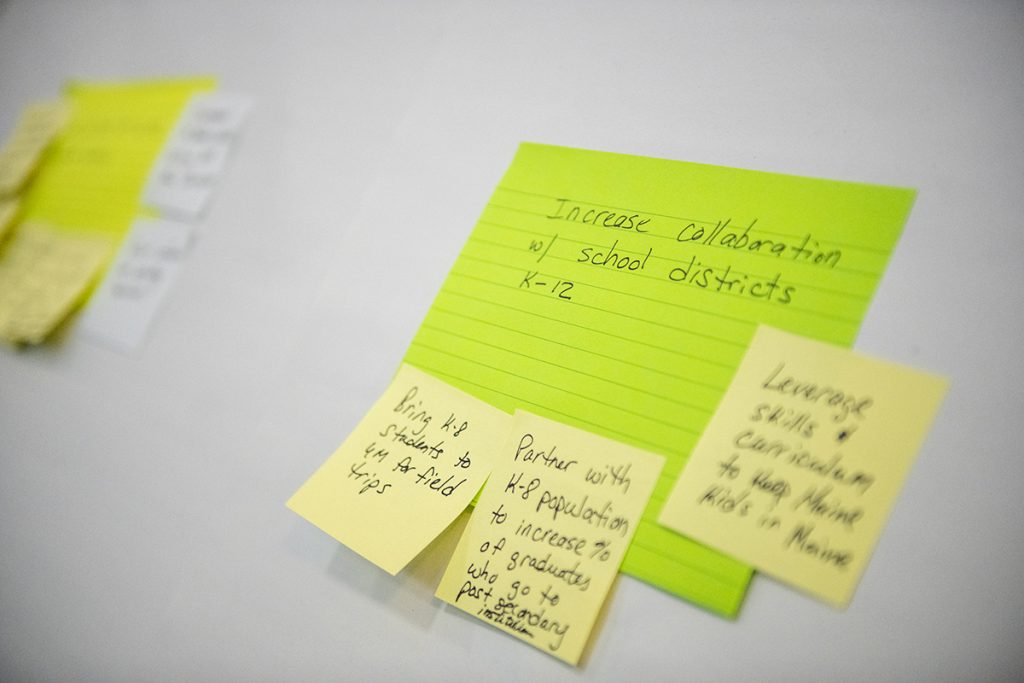Education, Schools and Communities
An interdisciplinary specialization within our Education Ph.D. program that emphasizes research addressing rural challenges, school-community connections, and the role of education in all underserved communities.

Program overview
The Education, Schools and Communities specialization within the Education Ph.D. program responds to growing interest from educators both inside and outside the classroom in applying research-backed solutions to the challenges facing schools and communities, particularly those in rural and underserved areas. Schools in these areas can and should serve as community hubs. This doctoral specialization focuses on the intersections between education as an institution, the organization of schools, and the communities in which they are located. It is designed to prepare practicing teachers and leaders to lead systemic change in educational and community settings, and to promote equitable opportunities for all individuals. The doctoral program can be completed entirely online and includes both part-time and full-time options, with faculty who have extensive experience supporting innovation and collaboration between schools and communities.
Contact Us
For questions about the Education Ph.D., contact Director of Graduate and Online Programs Esther Enright, esther.enright@maine.edu.
For general queries use the Graduate School contact form below, or email coehd@maine.edu.
